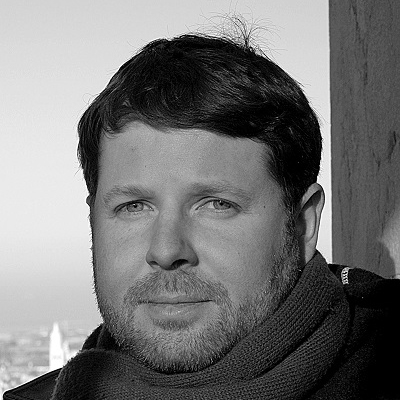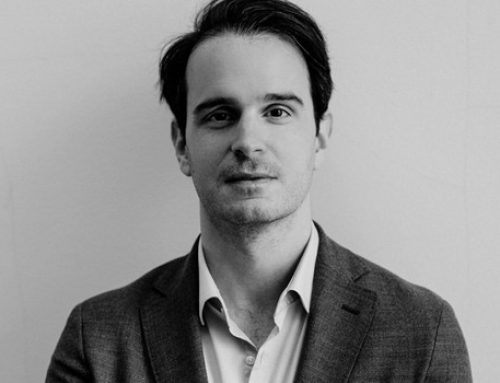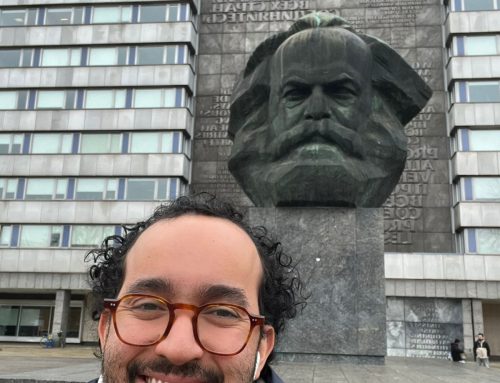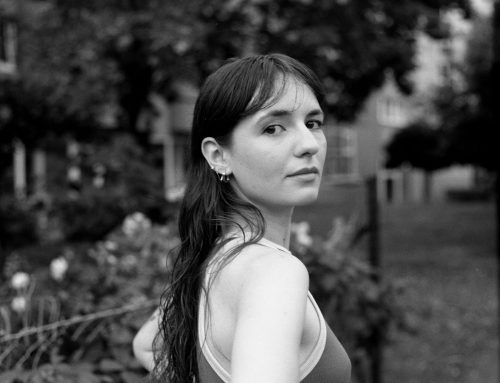On Thursday, February 20th, 2025 at 12:00 PM (CET), we are hosting the CAS SEE Seminar with Ilya Kalinin on “Political f(r)actions of fossils” in conversation with the RECAS Fellow Arseniy Kumankov.

Ilya Kalinin
Ilya Kalinin is a visiting scholar at Humboldt University (Berlin, Germany) and Bard College Berlin. He got his PhD at Saint Petersburg State University (2002). His recent researches focus on Russian Literature, early Soviet intellectual and cultural history, and on the historical and cultural politics of post-Soviet Russia. By 2022 he was a professor at the Department of Liberal Arts and Sciences (Smolny College), Saint Petersburg State University; and at the National Research University “Higher School of Economics” (Saint-Petersburg). He is an author of two books and more than 200 academic articles and public essays which have been translated into 15 languages.
About the Seminar
There is a well-developed research tradition that has developed within the frames of social sciences (primarily social history, political science and economics), which describes the strong correlations that arise between the orientation of the national economy towards the extraction of natural resources (primarily oil) and its socio-political effects: authoritarian rule, low investment in human capital, militarization of foreign policy, technological backwardness, etc.
Ilya Kalinin will overcome this rigid determinism and try to show that the correlations between the orientation towards hydrocarbons (and oil in particular) and the socio-cultural effects of this orientation/dependence can be more diverse.
This approach is an attempt to reveal how different ideological and sociocultural frameworks can construct different meanings attributed to oil. This can be compared to the process, basic to the oil industry itself, of cracking or high-temperature refining, in which oil is split into fractions needed to produce motor fuels, lubricating oils, and raw materials for the chemical industry. Similarly, in the process of cultural refining of oil, various social, ideological, political-economic, and political “f(r)actions” are extracted from it, differing from each other by different rhetorical topics, symbolic load, temporal horizon, and ideological perspectives.
Based on this analytical optics, the history of Soviet and post-Soviet oil demonstrates the presence of several ideological and political “f(r))actions” or symbolic political economies that have succeeded each other and coexisted with each other over 20-21 centuries. The presentation will be devoted to a general description of this approach and the mapping of these f(r)actions.
Join Zoom Meeting
https://us02web.zoom.us/j/88989643663?pwd=VnZTOWRmdnl0WEZIdTczc1paZWtkdz09
Meeting ID: 889 8964 3663
Passcode: 328897
Fellowship
Fellowships are supported by OSF Western Balkans, ERSTE Foundation and Rockefeller Brothers Fund.
UNIRI The Moise Palace: Cres Island
An education center of the University of Rijeka. A five-hundred-year-old patrician townhouse and the largest Renaissance palace on the Croatian islands. A venue and forum for various scientific and research activities, it welcomes visiting academics, students and scholars.




